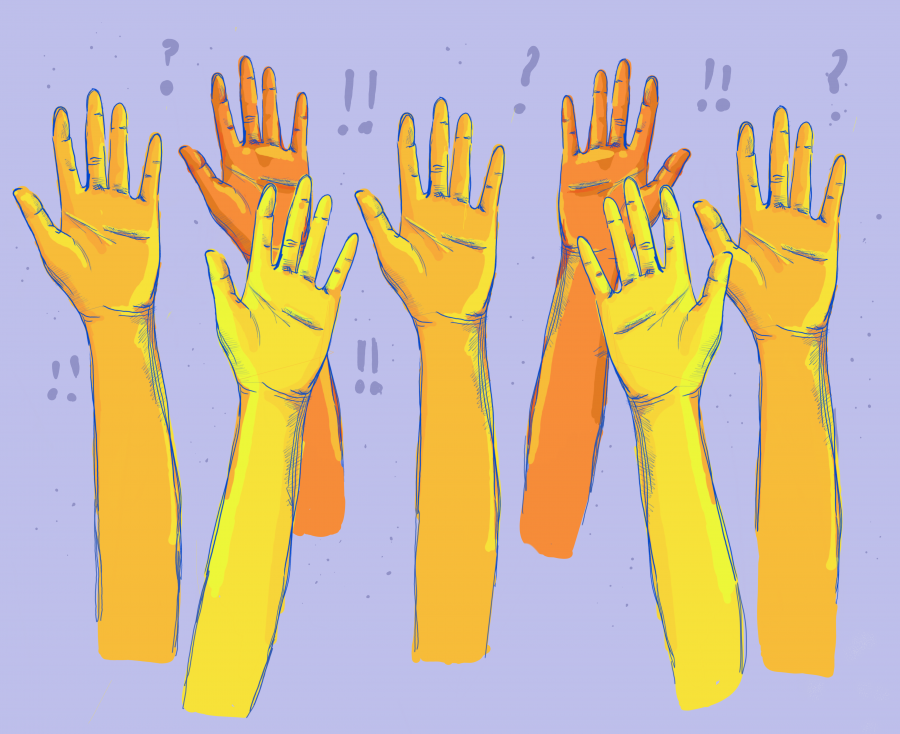Just a month ago, on Jan. 10, the members of the Sigma Alpha Mu fraternity discovered anti-Semitic graffiti on the wall of their fraternity house. Sigma Alpha Mu highlights its Jewish identity on their website and “cultivates a strong bond between its members and the Jewish community at Texas as a whole.”
Even though the UT incident notification on Jan. 15 classified the incident as a hate crime, UT Austin no longer has a bias response team to report such events or provide the necessary support to its students.
The late 2020 ruling in favor of Speech First, a national free speech group, dismantled the UT Campus Climate Response Team. This team’s primary goal was “to handle any outbreaks of hateful or violent speech” and connect “individuals to the appropriate resources when bias incidents occur.”
In the ruling, the Climate Response Team was heavily criticized for policing and effectively hindering free speech. This accusation is not totally unfounded, though the University did note there’s no evidence students were sanctioned for their speech. Despite its original intentions, in practice the team was a Band-Aid solution to the larger, systemic problem of intolerance and discrimination at UT.
However, this is not to say that the University should forego any future efforts to address incidents targeting students because of their various identities. Efforts such as the Climate Response Team should function as tools in this larger goal.
UT should provide an avenue for students to report incidents so that the administration can be aware of the bias students face and be well-equipped to initiate substantial, systemic change.
Failing to do so only increases the burden students face in addressing these incidents.
The Climate Response Team was created because all students deserve a comfortable and safe campus environment. While students’ First Amendment rights should be protected, students should not feel threatened because of who they are.
Holding the UT community accountable does not need to be inherently synonymous with stifling discourse.
Daisy Kielty is a government and sociology junior from Concord, Massachusetts. Maria Sailale is an international relations and global studies sophomore from Dallas, Texas.
















